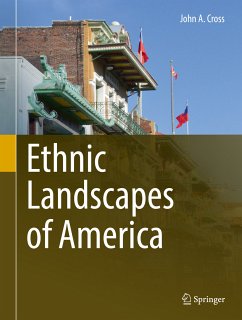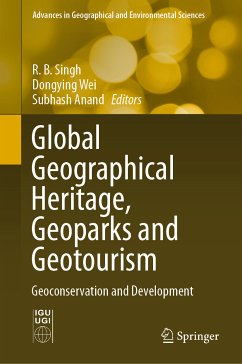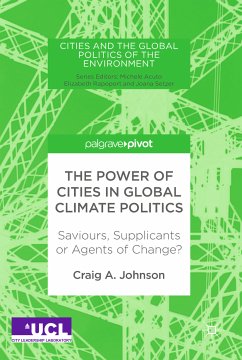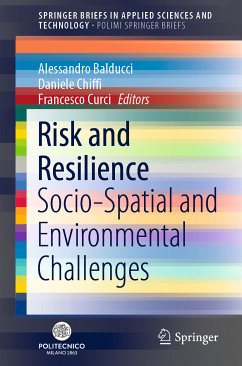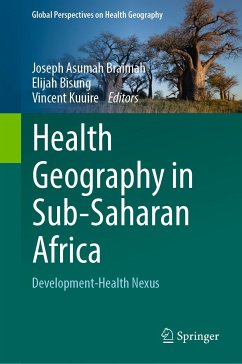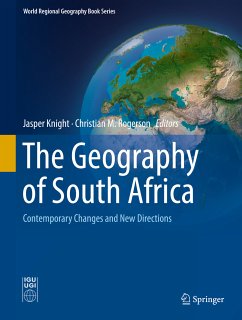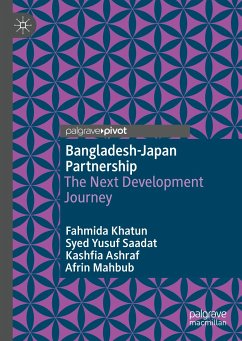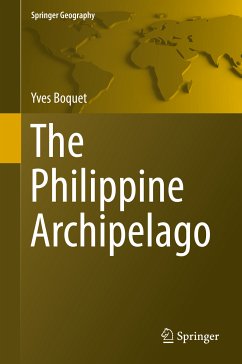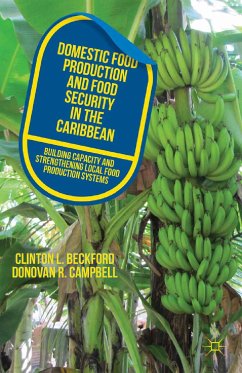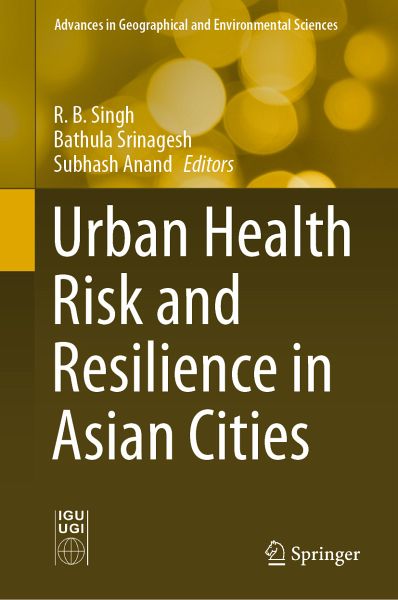
Urban Health Risk and Resilience in Asian Cities (eBook, PDF)
Versandkostenfrei!
Sofort per Download lieferbar
112,95 €
inkl. MwSt.
Weitere Ausgaben:

PAYBACK Punkte
56 °P sammeln!
This book focuses on understanding urban vulnerability and risk mitigation, advancing good health and wellbeing, and analysing resilience measures for various Asian cities. Today, cities are the dominant human habitat, where a large number of environmental, social, cultural and economic factors have impacts on human health and wellbeing. Cities consist of complex, dynamic, socio-ecological, and technological systems that serve multiple functions in human health and wellbeing. Currently half of Asia's population is urban, and that figure is expected to rise to 66 percent by 2050. Since urban ar...
This book focuses on understanding urban vulnerability and risk mitigation, advancing good health and wellbeing, and analysing resilience measures for various Asian cities. Today, cities are the dominant human habitat, where a large number of environmental, social, cultural and economic factors have impacts on human health and wellbeing. Cities consist of complex, dynamic, socio-ecological, and technological systems that serve multiple functions in human health and wellbeing. Currently half of Asia's population is urban, and that figure is expected to rise to 66 percent by 2050. Since urban areas are often most vulnerable to hazards, the people living in them need good health infrastructure facilities and technological support at various scales. As such, the need of the hour is to enhance the adaptive capacity, strengthen resilience, reduce vulnerability, and take risk mitigation measures in urban areas, which requires a systematic approach based on science-policy interface that istransformative, trans-disciplinary and integrative for a sustainable urban future. Global sustainable development goals are closely tied to urban human health and wellbeing: (1) the third of the United Nations' Sustainable Development Goals is to "Ensure healthy lives and promote wellbeing for all at all ages" and (2) the eleventh is to "Make cities inclusive, safe, resilient and sustainable". By addressing these goals, this book offers a highly useful resource for anyone concerned with healthy and resilient cities in Asia, today and tomorrow.
Dieser Download kann aus rechtlichen Gründen nur mit Rechnungsadresse in A, B, BG, CY, CZ, D, DK, EW, E, FIN, F, GR, HR, H, IRL, I, LT, L, LR, M, NL, PL, P, R, S, SLO, SK ausgeliefert werden.



